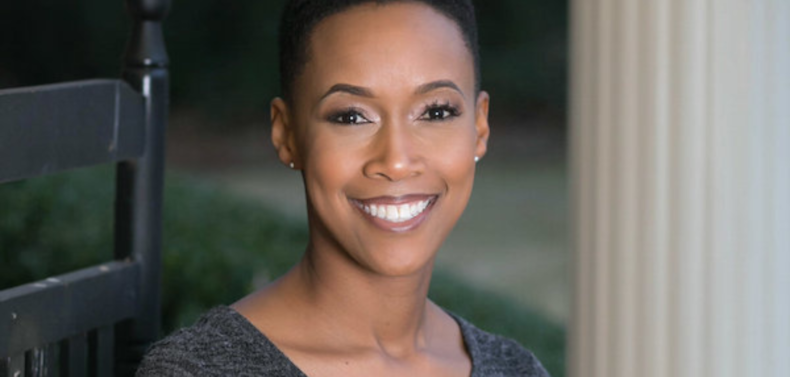The Clarke County Board of Education will miss the deadline to implement a controversial state law on teaching race, and may not pass a policy setting up a required complaint process at all.
Senate Bill 377, the so-called “divisive concepts” law, regulates how teachers can approach race in the classroom. The law requires local school boards to set up a complaint process for parents by Aug. 1.
The school board deadlocked 3–3 on whether to suspend its rules at its July 14 meeting to pass the complaint policy without public comment to meet the deadline. Now, the policy will go through the normal process, with 30 days of public input before a vote in mid-August.
It’s unclear what, if any, penalty the school district could face for not implementing a divisive concepts policy. “I’ve never had to deal with that,” attorney Michael Pruett said. A judge could order CCSD to implement the law, or the state could withhold funds or withdraw waivers to state regulations—“any number of potential penalties,” Pruett said.
While board members Linda Davis, Patricia Yager and Tawana Mattox wanted to vote on the policy immediately, Kirrena Gallagher, Mumbi Anderson and LaKeisha Gantt wanted to take public input first. CCSD only received a model policy from the Georgia School Board Association about three weeks ago and has yet to receive guidance from the Georgia Department of Education, Anderson said. “I don’t want to suspend anything and vote on it now until we’ve had the opportunity to hear from our community,” she said.
Board members were critical of the divisive concepts law, and it’s unclear whether a policy setting up a complaint process will pass when it does come up for a vote. The Republican-backed law is aimed at critical race theory, a concept ordinarily taught in graduate schools (not K-12) holding that institutions rather than individuals are primarily responsible for racism. The law prohibits teaching that the United States is fundamentally racist, that a particular race is inherently racist, or that white people should feel guilty about past racism, among other things.
“It’s performative, and it doesn’t move the needle forward, particularly as school districts address disparities for Black students and students of color in achievement and discipline,” said Gantt, the board president.
Gantt said she was unlikely to support the complaint policy even after hearing public input.
“I think it’s terrible, too, but it’s the law, right? Are we going to [do] civil disobedience, break the law?” said Yager. “If that’s the decision of the board, that’s the decision of the board.”
When the board next meets, it will likely have a new member, with Heidi Hensley taking the District 1 seat. The board voted to appoint her to replace Greg Davis, who resigned in May and recommended that the winner of the May 24 election serve out the remainder of his term. Hensley won the race and will be sworn in early, likely sometime in August.
In addition, the board approved revisions to the student code of conduct. The changes clarify the definitions of some offenses and the potential consequences.
Like what you just read? Support Flagpole by making a donation today. Every dollar you give helps fund our ongoing mission to provide Athens with quality, independent journalism.










